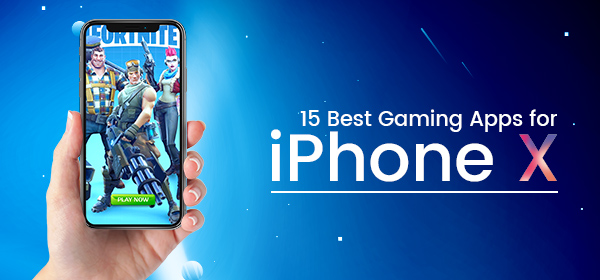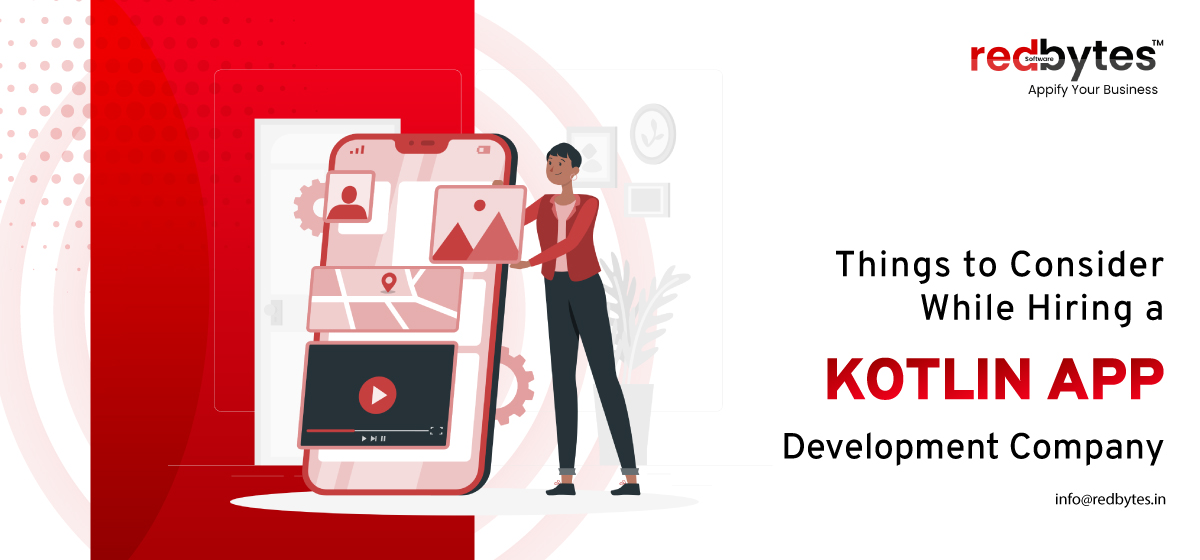Although Android and iOS are wild-grown mobile platforms found in constant rivalry, they are quite different when it comes to security threats and ways to fight them. They are best known for innovative updates that surprise the mobile market, but still none of it is completely secure.
In comparison, Android ecosystem appears to be a little more vulnerable than iOS mainly because Android OS receives updates less frequently. Android devices are more likely to be compromised as Google falls weak to implement on security solutions.
Both Apple and Google put their persistent attempts to design the most viable and secure operating system. However, iOS platform is highly trusted and scores over Android in the arena of security. Here is why:
The Open Source Nature of Android
Being an Open Source platform is Android’s most pleasant yet technically a terrible aspect. Making the Operating System open for all the developers and users for the purpose of gratuitous use often invites hackers to harm the platform with noxious malwares. This facility tends to create perils because:
- It increases the chance for an access to ongoing operations in Android platform
- Users do not receive expected results in the process of modifying their phone aspects
- Hackers find it easy to track and penetrate the Android phone and access the details of your device
- Even developers can’t stop attackers from distributing the malware owing to the Open Source state of Android
- Google does not have strict standards to apply in order to restrict harmful occurrences of malware attack or data theft
Apple’s Strong Commitment of Security
On the other hand, iOS handles the security challenges pretty pre-emptively blocking any unauthorized access with its solid, impenetrable terms. With Apple, you can enjoy the following benefits:
- Not everything in iOS is open source, which limits any chance of abusing services for personal advantage
- Apple remains vigilant about possibilities of threats unauthorized access can bring, making it difficult for unexpected bug to break into its iOS system
- Apple follows stringent guidelines and service usage terms and conditions when it comes to downloading and tweaking the software
- Unlike Google Play store, Apple does not approve and host any app developed by iOS developers, which closes gateway for uninvited problems
- With Apple, almost everything follows a predefined system like a religion, which assures its users of its unbreakable commitment of security
iOS Boasts The Enterprise Apps Security
Enterprise mobile apps have enabled business organizations and companies to organize, collaborate and manage all aspects of work, adding efficiency, economy and speed to the system. However, introduction of BYOD approach in enterprises has also spawned data security concerns.
Although developers can create secure area to install enterprise apps and use VPN controllers and data encryption, both platforms are sensitive to security breaches.
iOS defeats Android here too since:
- It follows a strong, secure updating and implementation of OS software
- It restricts the viewing of data to block any security loophole
- It protects the device from third-party intrusion
- Contact lists or UDID number remain inaccessible
Android Disappoints On Regular Security Updates
Android is conspicuously inconsistent about updating the OS in a timely fashion. Its progress is fragmented, unreliable and incomplete. This is because:
- Users can’t be sure of whether or not they have received latest security patches
- It is difficult to say which security hole is patched in your device
- Manufacturer has total control over implementing the patch
- Careers and manufacturers make the update process slow and vague
- Google fails to update the web browser for old Android devices
- Android security can be compromised with even MMS
Google has not enforced the implementation of security patches on manufacturers who make hundreds of devices supporting Android OS. This is the reason why Android ecosystem is growing to become a pool of unprotected devices with terrible security holes.
Apple proves to be smart in this: they are clever enough to release a patch and update all existing iPhones with a fresh version, without further involvement of careers.
Great Control & Privacy with iOS platform
What makes iPhones rule the mobile phone market across the world is its promise to give apps that support maximum users’ requirements.
iPhones overwhelm Android devices with its controlled, favourable app permissions. With its improved permission system, iPhone users can now choose the amount and type of data an app can access. For instance, if you don’t want to allow your app to gain access to your personal contacts, messages or other important data, iOS listens and lets you do that.
Apple protects its users by:
- Offering well-managed app permissions for enhanced privacy control
- Allowing users to see what an app can do a user’s phone
- Securing their private data with understandable permissions
- Enabling users to enjoy great control over their private data
- Always allowing apps from an approved source
- Making the entire system less demanding and more friendly for users
Android has less control and more demand
In the beginning, Android offered app permissions that would only allow users to choose whether or not to download the app. On Android, users can only see how much access an app requests and decide to install or not to install.
What makes Android unfavourable is:
- Take-it-or-leave-it demand of its apps
- Apps enjoy total power to permissions controls
- Excessive permissions required for app’s functioning
- Uncertainty about the risk of losing your contacts to app’s server
- Slow and delayed implementations of permission controls
- Limited availability of privacy control
Jailbreak Is Rare with iOS Devices
Due to high-security structure in advanced iOS devices, it is difficult for outsiders, or even iOS app developers, to break the jail of software restrictions. Apple is quite conscious of developers and prefers closed code in its new iPhone models to make the data access even more difficult for iOS apps.
However, this is not the case in Android, which makes its messenger app penetrable for undesirable threats.
Apple’s unbreakable software protection pattern revolves around the following:
Phone lock: In the event of jailbreaking, user’s iPhone will be locked out so that no user data can be accessed by the intruding app.
Closed code: To establish more control over its hardware and software, Apple selects closed code that creates the wall against malicious factors and excessive privacy invasion.
Rigorous approval process: Apple has a tough app store approval process that does not allow automatic algorithm for publishing the app and demands the involvement of the app developer/tester.
Apple Enables Safe Digital Payment System
While talking about OS security, online digital payment becomes important criteria to discriminate the best from the average. Cashless transactions executed through digital devices are in greater demand. However, such payments also involve potential risk of compromising data about bank account and credit cards – which makes users insecure and dubious.
Here also Apple Pay transcends Google Wallet, assuring users with improved technology, unique security features and superior user experience. It offers Touch ID system that requires users to use their fingerprint to authenticate every transaction.
iOS Apps Are Austerely Tested
One needs to be more careful before releasing the app to the app store and making it live. This factor is ensured by the stern standards of mobile app testing as practised by Apple. Apple cannot approve anything before it passes through its attentive eyes. Every aspect of the app is tested before it becomes actually downloadable.
Google still has not reached such austere testing parameters though they follow almost similar policies. Its tests are not as precise and thorough as iOS apps. Hence, Google Play Store is loaded with more releases than Apple store.
The final verdict
So here comes the verdict: iOS seems to defeat Android in the area of data security. Both Android and iOS platforms are trying to trounce each other in the cutting-edge landscape of mobile technology. Despite their merits and demerits, iOS still manages to rule the sphere of digital device especially when it comes to the questions of uncompromised security. Apple practices austere policies for development and testing of apps to deliver satisfying and unblemished user experience. Hence, it is recommended to choose iOS devices if phone security is your first priority.















